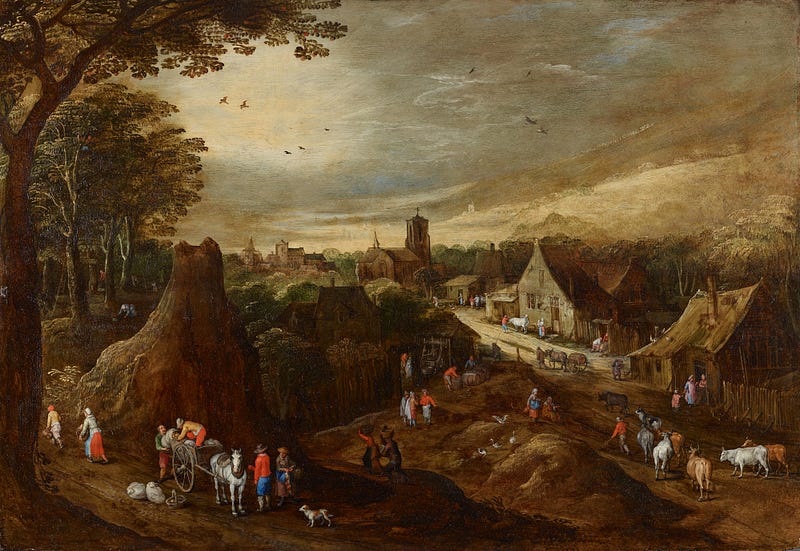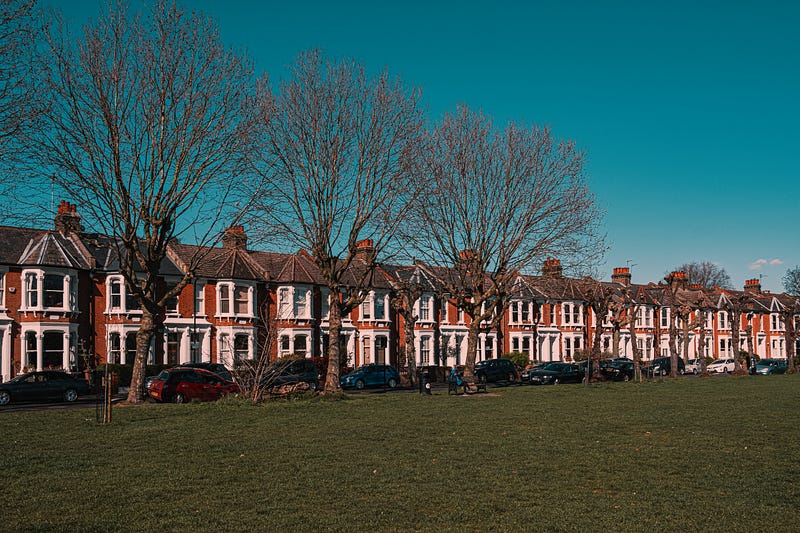A Discussion of Bourgeois Equality Chapter 27 “Defoe, Addison, and Steele Show It, Too”
Dr. McCloskey demonstrates the literature of the 1700s shifted to reflect the values and the interests of the rising bourgeois class. This Bourgeois Revaluation is simultaneously esteeming the behaviors that will now lead to success and at the same time teaching them to the future generations.
Her first piece of evidence is Daniel Defoe’s Robinson Crusoe written in 1719. The titular character is not ruminating on knightly and aristocratic concerns like chivalry and honor, but instead is methodically and rationally making plans and then executing them.
The rational bourgeois is a calculator making rough-and-ready choices about what to put next on the raft. The details of the style contribute to the emphasis on choice under scarcity — a contrast to the stories of shipwrecks in the “Odyssey” or the “Aeneid” or the early books of the Hebrew Bible over which hover gods willing to perform miracles of abundance. Defoe’s and Crusoe’s world is naturalistic, in a manner we have come to call ‘realistic.’ (p. 257)
McCloskey notes this new focus is significant because popular novels show what interests a society. As more people were entering into the demands of trade, they were interested in characters who find themselves struggling with the reality of scarcity and trade-offs.
Likewise, McCloskey hints at a turn from this style that will come later in the 20th century, showing another societal change.
The recent turn to magic realism and postmodernity in the novel, as for example in Gabriel Garcia Marquez or Isabel Allende, registers the strongly antibourgeois feelings of the twentieth-century clerisy, especially in Latin America. (p. 258)
The idea novels show what a society’s values have held through the years. Thus, when we can observe the subject matter change it is reasonable to conclude the reading audience’s interests have changed.
Journalism Showed the Shift, too
While many of us have heard of Robinson Crusoe, whether or not we have read (or watched) it, McCloskey also brings in some writers I was not familiar with.
She says two of the first voices contributing to the “cultural embourgeoisement” of England were Joseph Addison and Richard Steele who wrote a magazine called The Spectator. (p. 258)
…Addison and Steele were speaking instead to the middling sort. The values of an aristocratic society lingered, but down to the present have been reused to ennoble the commoners’ lives of lawyering or merchanting. The early eighteenth-century English theorists recast aristocratic civic republicanism into a new way of public life admired and practiced by the bourgeois. (p. 259)
I looked up The Spectator and discovered it was a source of news and information of interest to the rising middle class. There were over 500 issues but it only lasted for a little less than two years.
The Spectator is the most famous work of journalism of the eighteenth century in English. It set the pattern for a kind of essay writing that persists to the present day. Comparatively short but thorough essays on topics of interest to middle-class readers (politics, fashion, the arts), written in a clear and straightforward style without partisanship or professional jargon…(The Open Anthology of Literature in English)
Conclusion: Why This Matters
Before the shift, aristocratic values dominated the culture. McCloskey has shown this cultural shift already by tracing the changing definition of words such as honest. A word that once applied to being aristocratic changed to become a virtue the common man can aspire to by being reliable and trustworthy.
Honest? I do not think it means what you think it means
Continuing Evidence: Rising Bourgeois Values Alters Language
The aristocratic class generally looked down on the new money merchants rising up as a threat to the status quo.
Interestingly, the tables turned once the bourgeois grew in numbers and success.
Increasingly during the eighteenth century in Britain and more so in the nineteenth century the typical heir to an aristocratic title, or his lower-status imitator, was seen by the bourgeoisie as a gambling, arrogant fool. The country gentleman was often portrayed as illiterate, devoted to his dogs and hunting… (p. 260)
As trade-tested betterment became the basis of society replacing the aristocratic feudalistic agricultural system, the recipe for success changed.
Before, the successful were born to their position. Being honest was something attached to your class. Paternalistic care over your lessors and a duty to serve your king helped the system work.
But with a system rising that rewarded ingenuity and hard work, earning a living needed to become something you aspire to, not sneer at.
…as long as a “gentleman” is still defined to have no vocation beyond rattling swords and composing sonnets, the fullness of the Bourgeois Revaluation has not been reached. (p. 262)
McCloskey shows in this chapter how the Bourgeois Revaluation is seen in the stories of the people. As their lives changed, their aspirations changed, and the writings of Defoe, Addison, and Steele reflected these new aspirations.
Reference: McCloskey, Deirdre Nansen, 2016. “Defoe, Addison, and Steele Show It, Too,” Chapter 27 of Bourgeois Equality, The University of Chicago Press.
By Ellen Clardy, PhD on .
Exported from Medium on December 15, 2022.




